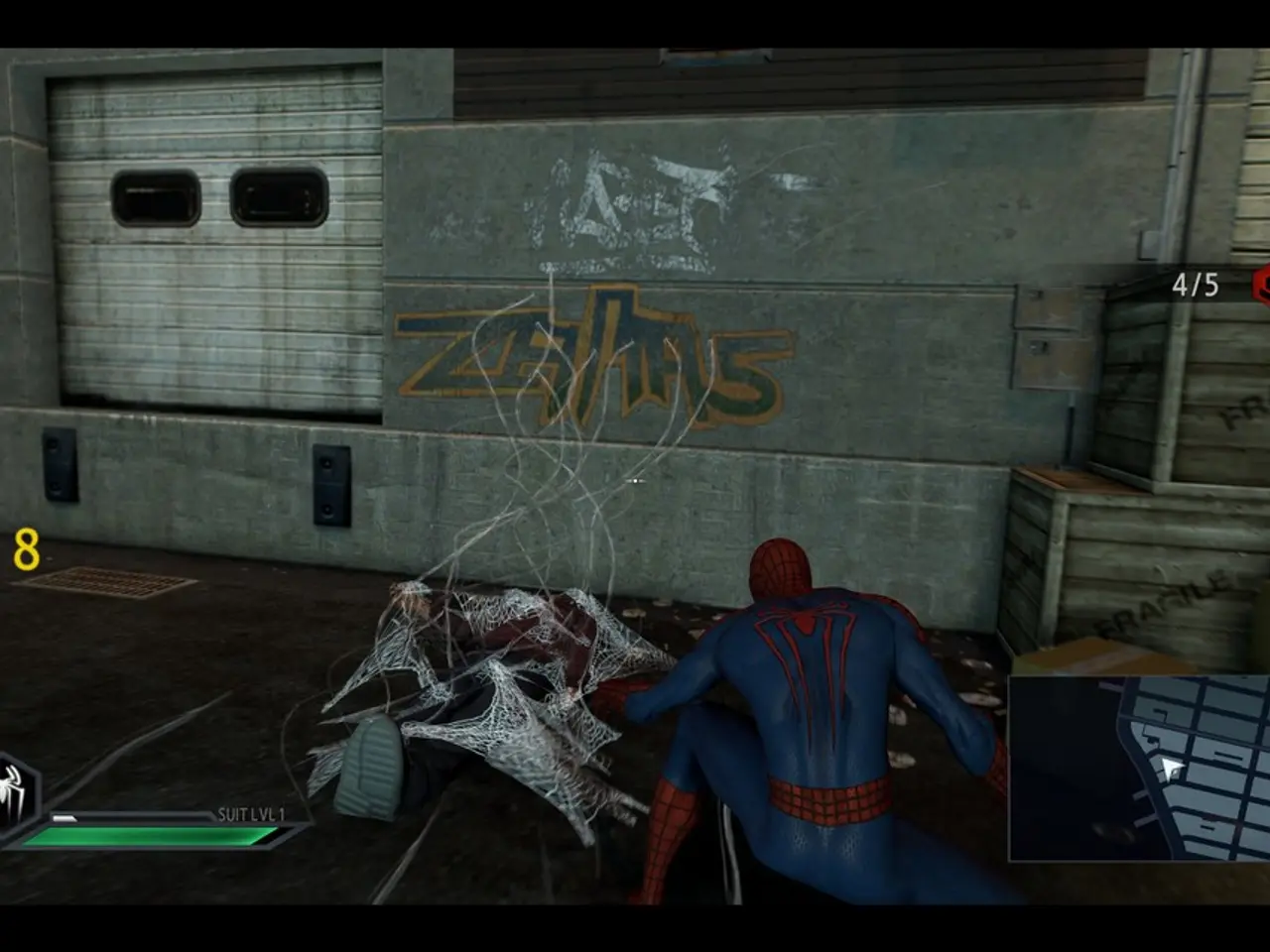Judicial appointments seek reform, advocated by Woidke
The deadlock in the appointment of three judges at Germany's Federal Constitutional Court has reached an unprecedented level, causing uncertainty and stalling critical judicial appointments. The impasse has its roots in a highly charged political conflict within Chancellor Friedrich Merz's coalition, centred around the nomination of Frauke Brosius-Gersdorf.
The Union, led by federal labor court judge Günter Spinner as an alternative candidate, harbours reservations about Brosius-Gersdorf, partly due to a questionable plagiarism allegation and heated debates around abortion, which have intensified divisions within the conservative coalition and threatened to undermine the government.
Dietmar Woidke, the Minister President of Brandenburg, is calling for a fresh start to this deadlocked dispute. He suggests that the parties needed for a two-thirds majority in the Bundestag (excluding the AfD) should be involved early on in the process. Woidke also urges all parties to include the Left party and the Greens in the negotiations.
The SPD, on the other hand, has proposed constitutional lawyer Ann-Katrin Kaufhold as an alternative candidate. However, their proposal has met with resistance from the Union and the CSU, led by parliamentary group leader Alexander Hoffmann, who had suggested drafting a new judicial package.
The election of three judges for the Federal Constitutional Court was unexpectedly removed from the Bundestag's agenda on July 11. In response, Woidke suggests that all candidates should withdraw and for the factions in the German Bundestag to completely restart the procedure.
There are reservations within the Union about Brosius-Gersdorf's perceived liberal stance on abortion and her support for a mandatory vaccination policy during the COVID-19 crisis. This has led to a political standoff that has put the Federal Constitutional Court in a state of uncertainty.
As the situation unfolds, all parties are urged to find a solution quickly to ensure the smooth functioning of Germany's judicial and political institutions. The stakes are high, and a swift resolution is needed to restore confidence and maintain the integrity of the Federal Constitutional Court.
References:
- BBC News
- Deutsche Welle
The ongoing political conflict within Chancellor Friedrich Merz's coalition, concerning the nomination of Frauke Brosius-Gersdorf for the Federal Constitutional Court, is connected to policy-and-legislation debates, particularly her perceived liberal stance on abortion and support for mandatory vaccination policy.
The impasse in the German Bundestag, due to opposing views on judicial appointments, has led to general-news discussions about the necessity of involving the Left party and the Greens in negotiations, as well as the need for all parties to find a swift solution to maintain the integrity of the Federal Constitutional Court.







